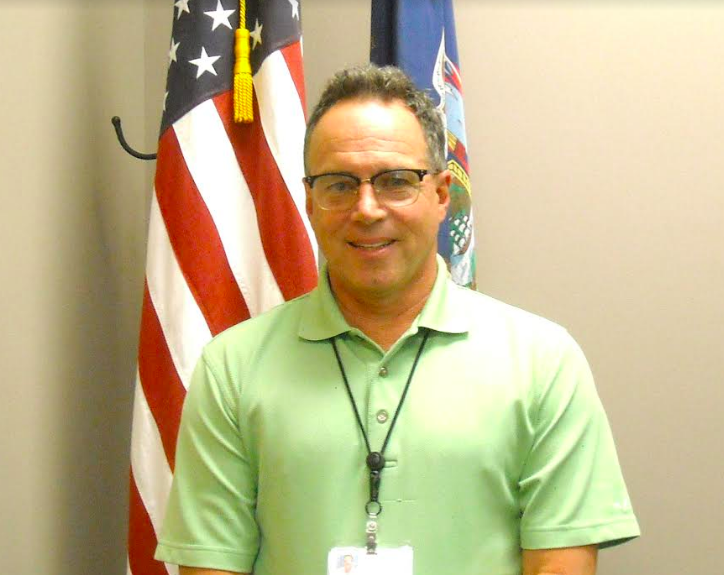
BY BARRY WARNER
In a wide-ranging discussion with the Rockland County Times, Clarkstown Superintendent of Schools Martin D. Cox spoke about the new initiatives that include active learners, the Reading and Writing Project, social and emotional wellness, capacity building, Vex robotics and some budgetary items.
Active learning refers to a broad range of teaching strategies that engage students as active participants in their learning during class time with their teacher. The teacher is a facilitator, rather than a one-way provider of information. Active learning is a student-centered approach in which the responsibility for learning is placed on the student. The presentation of facts, so often introduced as a lecture, is changed in favor of a class discussion, problem solving and cooperative learning, plus other examples that include role-playing, case studies and debates.
The mission of Columbia University Teachers College’s Reading and Writing Project, directed by Lucy Calkins, is to help young people become avid and skilled readers, writers and inquirers. In the case of the second grade assessment, children will study nonfiction reading and informational book writing. These activities are designed to determine students’ proficiency levels in reading nonfiction and summarizing the information, plus writing a text based on information heard out loud, information they’ve read themselves or viewed in video form. In the fifth and eighth grade assessments, students will study nonfiction research methods in the ‘reading workshop’ and research-based argument essay writing in ‘writing workshop’ to gauge their abilities to read nonfiction texts and determine their main ideas and to plan, draft and revise an essay to take a stance on a complex issue and support it with information derived from readings from a printed text or viewing of relevant video clips.
Social-emotional learning (SEL) is defined by the Collaborative for Academic, Social and Emotional Learning (CASEL) as the process through which children and adults acquire and effectively apply the knowledge, attitudes and skills necessary to understand and manage emotions, set and achieve positive goals, feel and show empathy for others, establish and maintain positive relationships and make responsible decisions. Social-emotional learning gives tomorrow’s workforce the tools for success, while educators find it contributing to a positive school climate and increased academic achievement. Topics include self-awareness, social awareness, responsible decision-making, self-management and relationship skills. Beyond immediate outcomes in the classroom, social and emotional learning prepares employees to solve problems, manage emotions and communicate.
Capacity building occurs where schools show significant success in improving achievement outcomes when the administration recognizes the power of teacher leadership. Using the collective wisdom of experienced teachers, nurturing the potential of newer teachers and continuously supporting their professional development positively affects the performances of teachers and their students.
The best way to instill a lifelong interest for students in the areas of Science, Technology, Engineering and Math (STEM) is to provide a fun, engaging and hands-on opportunity to explore and experience it for themselves. VEX-IQ is a snap-together robotics system designed to provide experiences to future engineers of all skill levels. The system encourages teamwork, problem solving and leadership for students. Teams of students design, build and use code to create computer software that allows input of commands and instructions for robots to play a game. Vex competitions give students the opportunity to apply STEM skills in an exciting game-based engineering challenge. In March 2018, the Clarkstown North High School 8-BIT Rams Robotic Team became the regional winners of For Inspiration and Recognition of Science and Technology (FIRST) Power-Up at the Hudson Valley Regional, and won a chance to compete at the World Championships in Detroit, Michigan in April 2018. FIRST robotic competitions and tournaments are celebrations by which communities convey the importance of their students’ achievements in science and technology.
Regarding $1.8 million in the budget, $300,000 will be spent for SEL that will include additional behaviorists and psychologists. In addition to three more school resource officers and 19 security personnel, the balance of the $1.8 million covers safety enhancements consisting of equipment and software applications that will increase protection in all 13 schools.
Assistant Superintendent of Curriculum and Instruction Susan Yom contributed to this article.

You must be logged in to post a comment Login